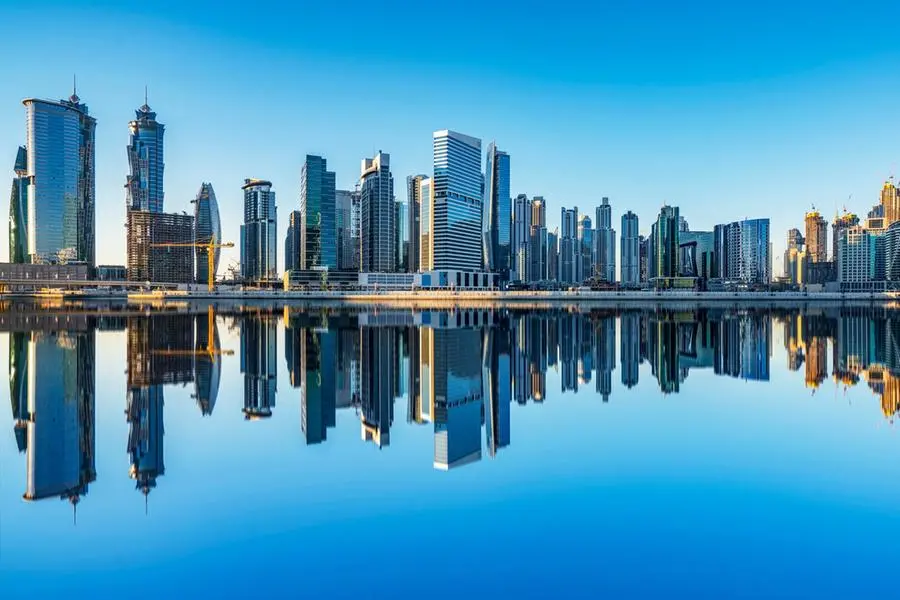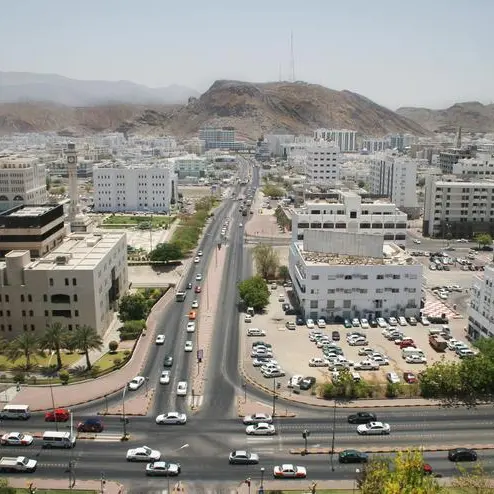PHOTO
The UAE's non-oil business activities slipped to five-month low in January due to a softening of output and new orders along with weak employment growth.
The seasonally adjusted S&P Global UAE Purchasing Managers' Index (PMI) dropped from 57.4 in December to 56.6 in January, the lowest reading in five months.
The PMI trend reflected a significant, but slower, expansion in non-oil output in January. The rate of growth eased to the least marked since August 2023.
Though strong demand conditions helped draw new customers and drive higher sales, the development was broadly domestic, and firms reported only a fractional increase in foreign new orders.
UAE non-oil businesses reported only a slight rise in their staffing levels during January as strong demand and business optimism failed to translate into greater hiring.
The PMI survey noted some evidence of growing supply-chain risks leading to delivery delays at some firms and increased shipping costs in January.
"Meanwhile, the disruption to supply lines resulting from the Red Sea attacks appeared to have a modest impact on the UAE non-oil sector in January, with a few firms noting delivery delays, aggregate backlogs rising, and reports of higher shipping costs by survey respondents," David Owen, Senior Economist at S&P Global Market Intelligence, said.
According to the survey, businesses also mentioned that greater material prices and salary adjustments pushed up expenses solidly.
"The impact on inflationary pressures so far has been notable but not severe, as input costs rose at a faster rate than in December but remained slower than in the preceding three months," Owen added.
The business confidence regarding year-ahead outlook for activity was positive and roughly on par with the 2023 average, the survey noted.
(Writing by Seban Scaria; editing by Daniel Luiz)
(seban.scaira@lseg.com)





















